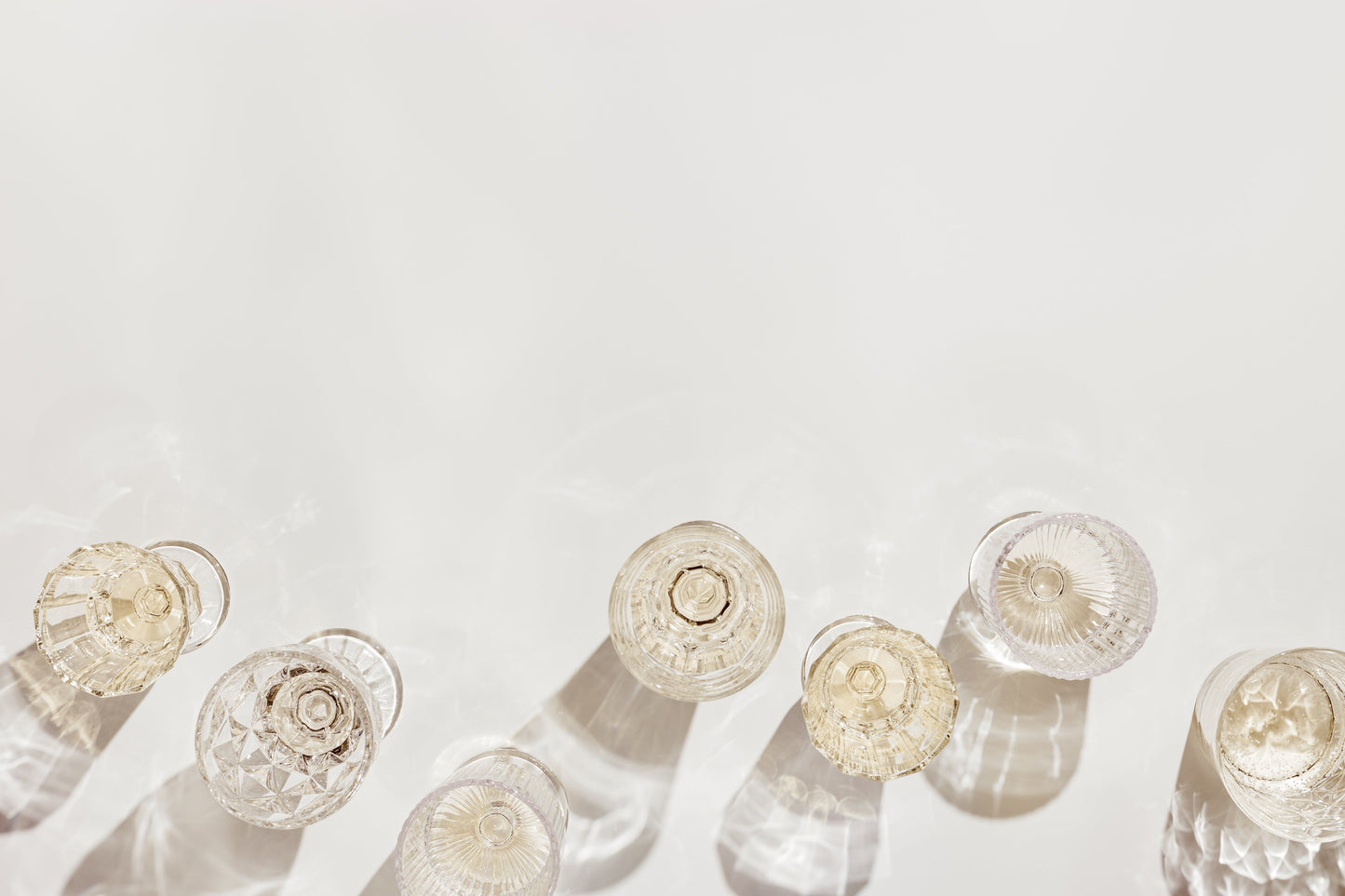The world of competitive winemaking is widely considered one of mutual respect, defined by calm – dare we say quaint – rivalry. Naturally, however, wherever a contest is involved, it's somewhat inevitable that a measure of controversy will follow. A fine example is the story of the Judgment of Paris, which inspired the film Bottle Shock.
To set the scene, cast your mind back to 1976. Steven Spurrier and Patricia Gastaud-Gallagher, two of the three founders of the first private academy in France dedicated to studying wine, L'Academie du Vin, created a blind taste test known as the Paris Wine Tasting.
On paper, the event should have been straightforward. Nine external judges, all of whom were based in France and enjoyed status within the wine industry, joined Spurrier and Gastaud-Gallagher in sampling 20 wines. In the white category, 10 disparate Chardonnays were presented for the delectation of the judges – 4 from Burgundy and 6 from California. This was matched in the red wine judging, which saw 4 Bordeaux reds face off against 6 Cabernet Sauvignon counterparts from the US.
The judges – with the exception of Gastaud-Gallagher and Spurrier, whose votes were not counted – were invited to sample each wine and assign a score out of 20. While the gallic entries were outnumbered by their American rivals, it was widely expected that France was the undisputed home of premium wine. Spurrier himself would only trade in French wines and firmly believed that the Californian entries were merely making up the numbers.
The results of the taste testing rocked the industry. Chateau Montelena, a vineyard dating back to 1882 in Calistoga, CA, took home gold in the Chardonnay category with a score of 132. The closest rival was a Meursault with 126.5 points, but the USA also took bronze thanks to the Chalone Vineyard.
These results were replicated in the red wine category – Napa Valley's Stag's Leap Wine Cellars took the top spot with a Cabernet Sauvignon, edging out Burgundy's from Château Mouton-Rothschild and Château Haut-Brion.
The competition initially attracted little attention, with only one journalist in attendance – Time magazine's George Taber, who shared the results with his periodical's global readership and penned the book Judgment in Paris about the fallout in 2005.
Market leaders in French winemaking were, shall we say, less than graceful in response. The local press largely ignored the outcome and refused to report on the event, with those that did so calling the outcome laughable. Spurrier was, however, banned from attending a national wine tasting in 1977, as his event was perceived to have besmirched France's reputation as the home of the world's finest wines. On the flip side, the Judgment of Paris put California winemaking on the map and established the Napa region as a powerhouse.
The legacy of the Paris Wine Tasting is still felt today, however – and even inspired a Hollywood dramatisation in 2008. Bottle Shock starred the late, great Alan Rickman as Steven Spurrier, alongside Bill Pullman and Chris Pine as Jim and Bo Barrett, the father-and-son team behind Chateau Montelena. Bottle Shock received mixed reviews upon release, but you can judge its qualities for yourself – the film is streaming free of charge for subscribers of Amazon Prime, Plex, or Pluto TV.
If you decide to learn more about the Paris Wine Tasting by tuning into Bottle Shock, be aware that the screenplay has been criticised for taking significant creative license with the events that unfolded. Spurrier himself had little time for the film, going as far as threatening legal action against the producers as he threw his weight behind a rival production – which never saw the light of day, though still listed as in production as of 2023 – based on Taber's book.
Spurrier described the interpretation of his character as "deeply insulting" and "an impossibly effete snob." Jim Barrett was less vocal in his disapproval but had just as much right to be upset with his inaccurate portrayal as physically violent toward his son. Barrett was also not responsible for the creation of the winning wine, as depicted in Bottle Shock. That honour belonged to Mike Grgich, an employee of Chateau Montelena at the time, who declined to be represented on-screen.
Regardless of views on the fictionalised account, the Judgment in Paris remains a pivotal moment in the history of wine, especially in California and France. The event was repeated in 2006, with the same vintages sampled – and the same results. This caused a similar surprise, as it was anticipated that the French entries would age better than their American rivals, but it shows that great wine is truly timeless. If you'd like to sample the wares of Chateau Montelena for yourself, we'd like to guide you to a 2013 magnum available through our online shop.



